Vision
To develop a knowledge hub for Computer Science Engineers and Technocrats in application of their competence for the betterment of the Individual, Industry and Society.
Mission
- To nurture the students to be industry ready by providing a strong conceptual foundation and by enhancing their employability and entrepreneurial skills.
- To provide holistic growth by conducting relevant enrichment programs, which includes curricular, co-curricular, extra-curricular and extension activities.
- To inculcate innovation and creativity through practically viable Internships and Project works.
- To create a research oriented mindset and focus in fulfilling growing demands of the society through mentoring and lifelong learning.
Programme Educational Objectives (PEOs)
PROGRAMME EDUCATIONAL OBJECTIVES (PEOs)
PEO1: To adopt systematic approach to design, develop, implement and innovate integrated systems that include people, technology, information and resources.
PEO2: To apply principles and practices in information technology to solve multiple real world problems.
PEO3: To become Entrepreneurs or Employees of reputed Organizations or pursue Higher Education for better adaptability.
PEO4: To accomplish any tasks with ethical values and commitment to meet the Social needs.
Programme Outcomes (POs) & Programme Specific Outcomes(PSOs)
PROGRAM OUTCOME (PO)
PO1: Engineering knowledge: Apply the knowledge of mathematics, science, engineering fundamentals, and an engineering specialization to the solution of complex engineering problems.
PO2: Problem analysis: Identify, formulate, research literature, and analyze complex engineering problems reaching substantiated conclusions using first principles of mathematics, natural sciences, and engineering sciences.
PO3: Design/development of solutions: Design solutions for complex engineering problems and design system components or processes that meet the specified needs with appropriate consideration for the public health and safety, and the cultural, societal, and environmental considerations.
PO4: Conduct investigations of complex problems: Use research-based knowledge and research methods including design of experiments, analysis and interpretation of data, and synthesis of the information to provide valid conclusions.
PO5: Modern tool usage: Create, select, and apply appropriate techniques, resources, and modern engineering and IT tools including prediction and modeling to complex engineering activities with an understanding of the limitations.
PO6: The engineer and society: Apply reasoning informed by the contextual knowledge to assess societal, health, safety, legal and cultural issues and the consequent responsibilities relevant to the professional engineering practice.
PO7: Environment and sustainability: Understand the impact of the professional engineering solutions in societal and environmental contexts, and demonstrate the knowledge of, and need for sustainable development.
PO8: Ethics: Apply ethical principles and commit to professional ethics and responsibilities and norms of the engineering practice.
PO9: Individual and team work: Function effectively as an individual, and as a member or leader in diverse teams, and in multidisciplinary settings.
PO10: Communication: Communicate effectively on complex engineering activities with the engineering community and with society at large, such as, being able to comprehend and write effective reports and design documentation, make effective presentations, and give and receive clearinstructions.
PO11: Project management and finance: Demonstrate knowledge and understanding of the engineering and management principles and apply these to one’s own work, as a member and leader in a team, to manage projects and in multidisciplinary environments.
PO12: Life-long learning: Recognize the need for, and have the preparation and ability to engage in independent and life-long learning in the broadest context of technological change.
PROGRAMME SPECIFIC OUTCOMES (PSOs)
PSO1: An expert with an aptitude and competence to analyze, design, model, develop, test and manage information systems to offer customized solutions.
PSO2: A professional with learning abilities to face upcoming challenges in the field of Information Technology.
Curriculum & Syllabus
CURRICULUM & SYLLABUS
MINIMUM CREDITS TO BE EARNED: 170
| Category | Course Title | Lecture | Tutorial | Practical | Credits | CA | SEE | Total |
|---|---|---|---|---|---|---|---|---|
| SEMESTER 1 | ||||||||
| BSC | Engineering Chemistry | 3 | - | - | 3 | 40 | 60 | 100 |
| BSC | Mathematics I(Calculus and Linear Algebra) | 3 | 1 | - | 4 | 40 | 60 | 100 |
| ESC | Programming for Problem Solving | 3 | - | - | 3 | 40 | 60 | 100 |
| ESC | Basics of Civil and Mechanical Engineering | 3 | - | - | 3 | 40 | 60 | 100 |
| ESC | Workshop and Manufacturing Practices | 1 | - | 4 | 3 | 40 | 60 | 100 |
| BSC | Chemistry Laboratory | - | - | 2 | 1 | 40 | 60 | 100 |
| ESC | Programming for Problem Solving Laboratory | - | - | 2 | 1 | 40 | 60 | 100 |
| MC | Student Induction Program | - | - | - | - | - | - | - |
| MC | Universal Human Values | 2 | - | - | - | 100 | ||
| 15 | 1 | 8 | 18 | |||||
Eligibility Criteria
| Program | Program Duration (Year) | Eligibility | Criteria for Merit |
|---|---|---|---|
| B.Tech Computer Science and Engineering | "4 Years (8 Semesters)" | "First Year: Passed 10+2 examination with Physics/ Mathematics/ Chemistry/ Computer Science/ Electronics/ Information Technology/ Biology/ Informatics Practices/ Biotechnology/ Technical Vocational subject/ Agriculture/ Engineering Graphics/ Business Studies/ Entrepreneurship as per table 8.4 Agriculture stream (for Agriculture Engineering) Obtained at least 45% marks (40% marks in case of candidates belonging to reserved category) in the above subjects taken together. OR Passed D.Voc. Stream in the same or allied sector. (The Universities will offer suitable bridge courses such as Mathematics, Physics, Engineering drawing, etc., for the students coming from diverse backgrounds to prepare Level playing field and desired learning outcomes of the programme) Lateral Entry (to Second Year) Passed Minimum THREE years / TWO years (Lateral Entry) Diploma examination with at least 45% marks (40% marks in case of candidates belonging to reserved category) in ANY branch of Engineering and Technology. OR Passed B.Sc. Degree from a recognized University as defined by UGC, with at least 45% marks (40% marks in case of candidates belonging to reserved category) and passed 10+2 examination with Mathematics as a subject. OR Passed B.Voc/3-year D.Voc. Stream in the same or allied sector. (The Universities will offer suitable bridge courses such as Mathematics, Physics, Engineering drawing, etc., for the students coming from diverse backgrounds to achieve desired learning outcomes of the programme)" | " Merit based on Vels Entrance Examination and percentage of mark secured in the qualifying examination |
Career Prospects
CAREER PROSPECTS
- Machine Learning Engineer
- R&D Engineer
- System Analyst
- System Engineer
- Programming architect
- Full Stack Developer / Front end Developer / Back end Developer
- Software developer
- Computer network architect
- System administrator
- Database administrator
- Data Analyst
- Game Developer
Alumni Testimonials

You can always see a smile when the people talk about the nostalgic memories at their College. I joined VISTAS as a kid with the big Engineering dream. The dedicated faculties and the curriculum made my dream come to a reality. Today I work at a Reputed IT Giant with the knowledge and skills that I acquired from my University. I would always wish to come back to my university for more.
Mr.ArunKumar Muralitharan (B.E. Computer Science Engineering), 2011 -15
Senior Test Engineer
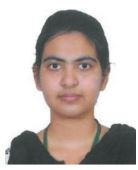
Vels University is a platform that can empower the hidden qualities of a student, where one can find various opportunities to explore its talents and soft skills in fields of academics, culture and more. I feel proud to be a part of it.”
Ms. Rajendrani Bose (B.E. Computer Science Engineering),2013-2017
Assistant Software Engineer
Major Research Areas
Major Research Areas
- Artificial Intelligence & Machine Learning
- Data Science and Analytics
- Computer Networks and Systems
- Distributed Systems and Cloud Computing
- Database and Information Systems
- Security and Cryptography
- Internet of Things
- Deep Learning
- Image Processing
- Big Data Analytics
- Distributed Computing
- Quantum Computing
- Natural Language Processing
- Virtualization
- Theoretical Computer Science
- Game Theory
- Generative Artificial Intelligence
- Cognitive Neuroscience
Sponsored Research/Consultancy
| S.No | Name of the Faculty | Project Title | Research / Consultancy | Funding Agency | Grant Received | Duration and Status |
|---|---|---|---|---|---|---|
| 1 | Dr.M.Chandrasekaran, Dr.S.Arun | STI Hub for Technology enabled Production and Marketing of Value-added Agricultural products to enhance the livelihood of SC Community in Thellar Block | Research Project | DST-SEED | 26613618 | 3 |
| 2 | Dr. R. Anandan | Wearable technology interfaced Smart Stress Detector Module | Research Project | EDII | 200000 | 1 |
| 3 | Dr. R. Anandan | Reconnaissance of geospatial mapping to navigate Person in multipath indoor environment using Augmented reality in Airport | Research Project | MSME | 1700000 | 1 |
| 4 | Dr.R.Anandan, Dr. K. Kalaivani | IOT based Intelligent Networking System for tracked vehicles | Research Project | AICTERPS | 1025666 | 3 |
Fee Structure
| Tuition Fee 2024 - 2025 (Per Sem) | Other Fee (Per Sem) | Total Fee 2024 - 2025 (Per Sem) |
|---|---|---|
| 58,000 | 41,000 | 99,000 |
Professional Activities
List of Events Organized by the Department From 2020 – Present
Faculty of the Department
| S.No | NAME OF THE FACULTY | DESIGNATION | EDUCATIONAL QUALIFICATION | AREA OF SPECIALIZATION | EXPERIENCE IN YEARS | Vidwan ID | PHOTO |
|---|---|---|---|---|---|---|---|
| 1 | Dr.S.Arun | Professor & Director (IQAC) | M.E., Ph.D | Artificial intelligence, Human computer interaction, Vision System, Biosignal Processing | 18 | 258568 | 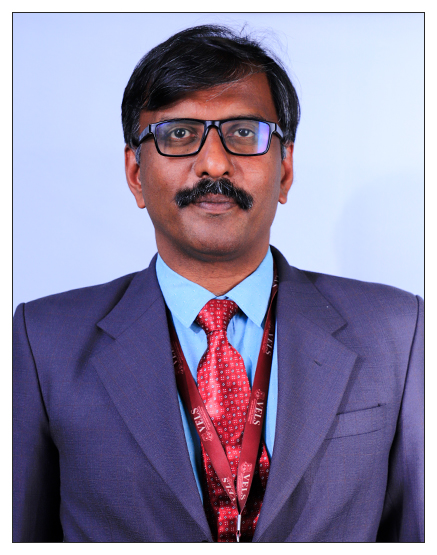 |
| 2 | Dr.K.Kalaivani | Associate Professor & Head | M.E., Ph.D | Image Processing, Data Analytics, Artificial Intelligence | 17 | 233987 | 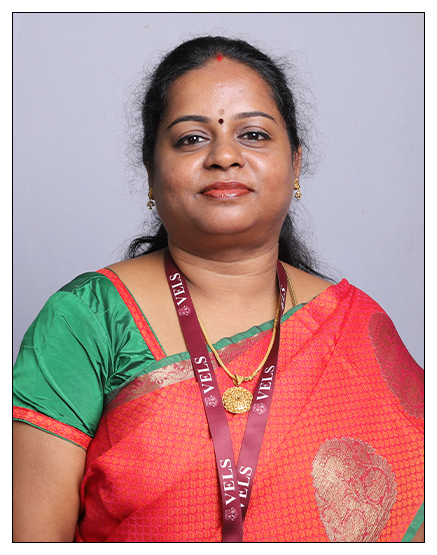 |
| 3 | Dr. R.Anandan | Professor | M.E., Ph.D | Quantum Computing, Regenerative AI, AR- VR, Metaverse , Human Computer Interaction, Edge Computing, Computer Vision, Natural Language Processing, High Performance Computing | 23 | 84899 | 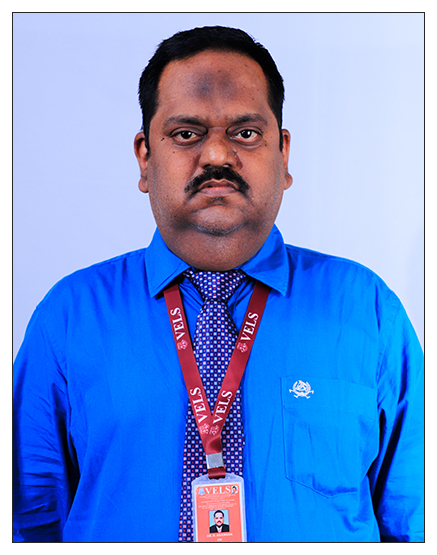 |
| 4 | Dr. N. Kumar | Professor | M.Tech., Ph.D | Computer Networks, Mobile and Wireless Ad hoc Networks, Software Defined Networks, Cloud Computing, IoT, Image Processing, AI & Machine Learning, Data Science | 18 | 232473 | 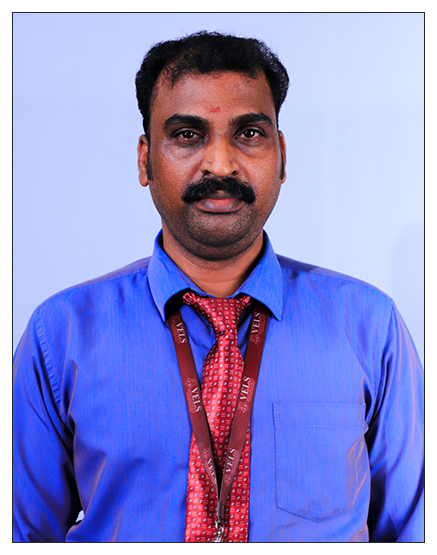 |
| 5 | Dr.A.Rajesh | Professor | M.Tech., Ph.D | Network Security | 16.8 | 232499 | 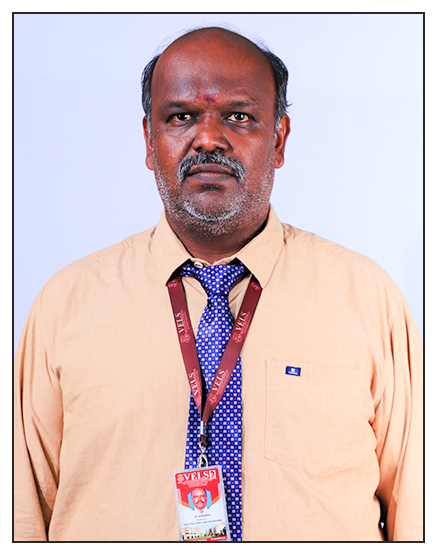 |
| 6 | Dr.A.Packialatha | Associate Professor | M.E., Ph.D | Pattern Recognition,Cloud Computing,Knowledge Engineering,Neural Networks, Big Data Analytics,Deep learning | 21 | 253610 | 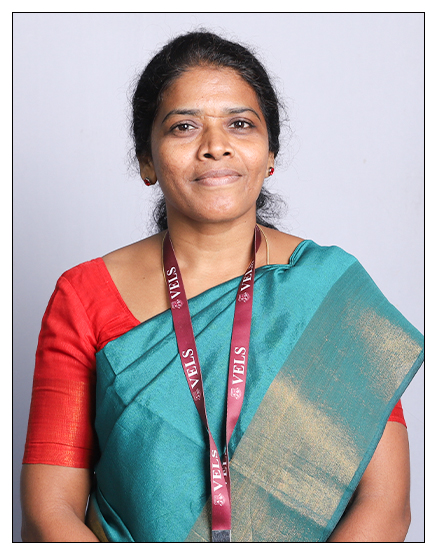 |
| 7 | Dr.S.Meera | Associate Professor | M.E., Ph.D | Big data, image processing, computer networks, cloud computing, IoT | 23 | 315114 | 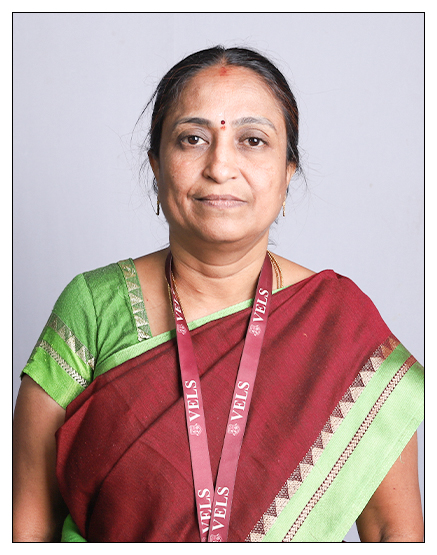 |
| 8 | Dr.K.UlagaPriya | Associate Professor | M.E., Ph.D | Machine learning, data science, software Engineering | 22 | 232452 | 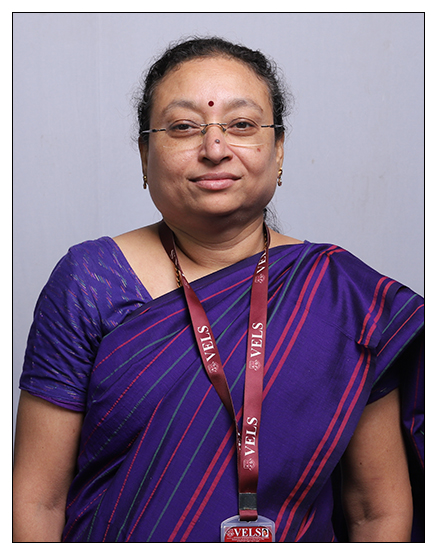 |
| 9 | Dr.S.Sridevi | Associate Professor | M.E., Ph.D | Computer Networks,Wireless Sensor Networks, Artificial Intelligence,Machine Learning, Deep Learning, Data Science, Computer Vision,Network Security,Cyber Security,IoT | 15.8 | 234016 | 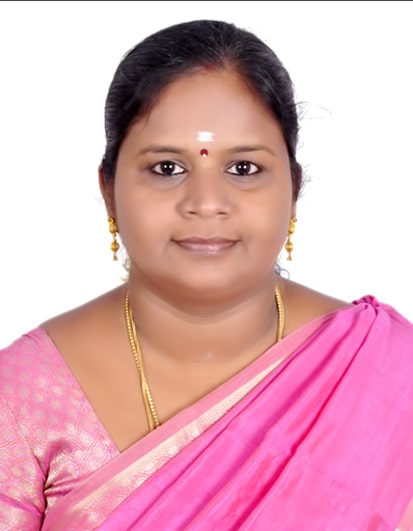 |
| 10 | Dr.A.Manikandan | Assistant Professor | M.E., Ph.D | Computer Networks, Cloud Computing, IoT, Image Processing, AI & Machine Learning, Data Science | 10.5 | 234022 | 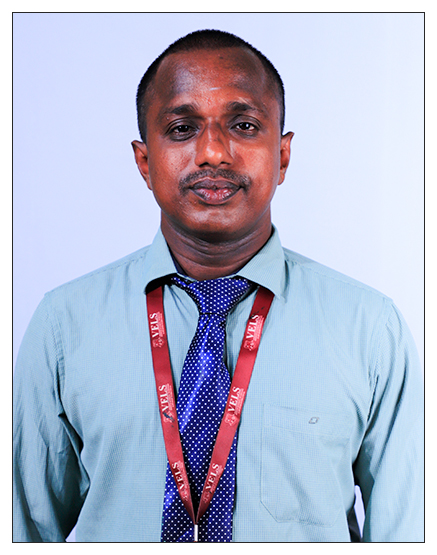 |
| 11 | Dr.C.Swaraj Paul | Assistant Professor | M.E., Ph.D | Data Mining, Image Processing, IoT, Cloud Computing, sensors | 10 | 485613 |  |
| 12 | Dr.P.SheelaGowr | Assistant Professor | M.E., Ph.D | Image Processing, Cloud Computing, IoT, AI & Machine Learning, Data Science | 13.9 | 234045 | 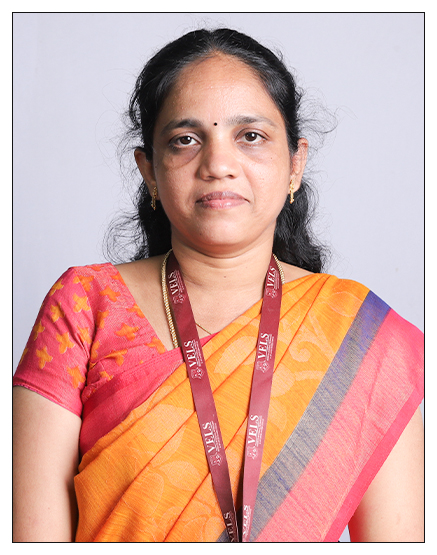 |
| 13 | Dr.Banushri.A | Assistant Professor | M.Tech., Ph.D | Cloud Computing, Blockchain Technology, Computer Networks, Network Security | 13 | 237876 | 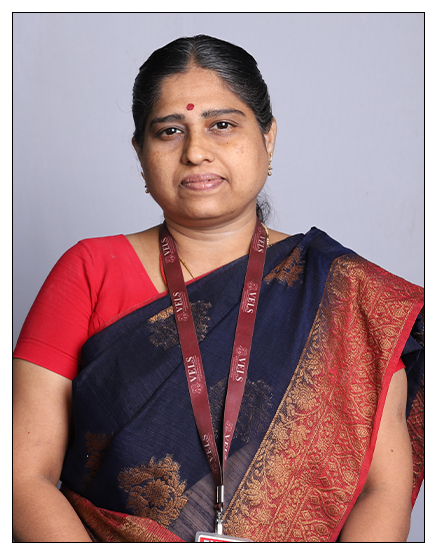 |
| 14 | Dr. S.Thirumal | Assistant Professor | M.E., Ph.D | Computer Networks, Cloud Computing, IoT, Image Processing, AI & Machine Learning, Data Science | 11.5 | 32474 | 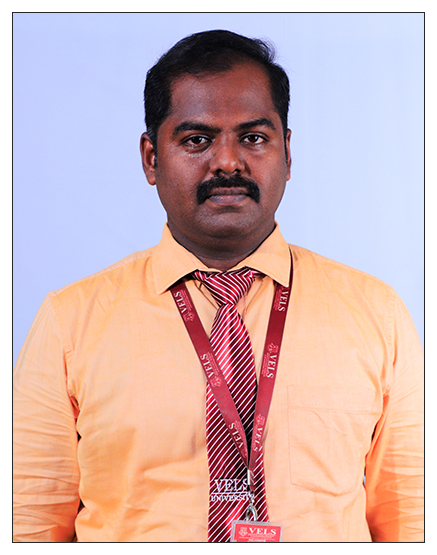 |
| 15 | Dr.P.Thilakavathy | Assistant Professor | M.E., Ph.D | Image processing, machine learning, IoT | 9 | 470493 | 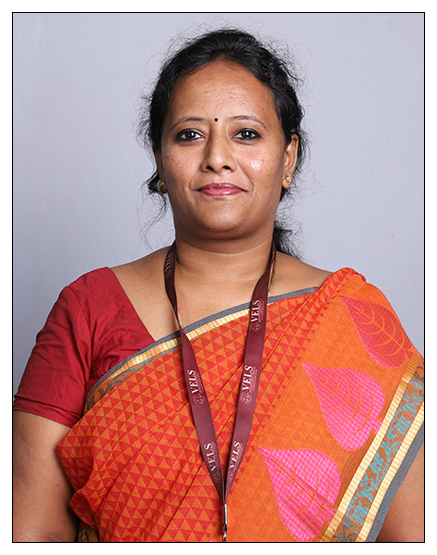 |
| 16 | Dr. G. Revathy | Assistant Professor | M.E., Ph.D. | Cybersecurity, Machine Learning, Deep learning, NLP | 5 | 475353 | 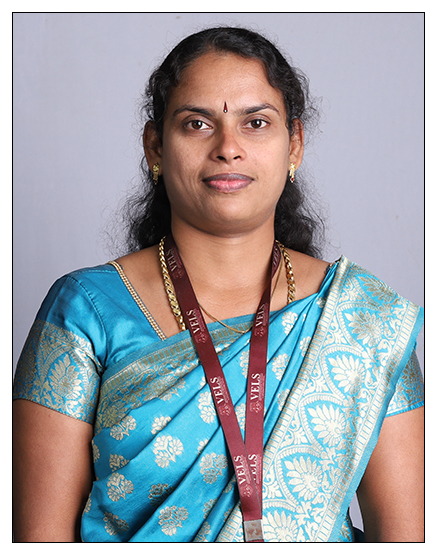 |
| 17 | Dr. A.Saritha | Assistant Professor | M.E., Ph.D. | Computer networks,cloud computing,Mobile Ad hoc networks,Machine learning | 13 | 233992 | 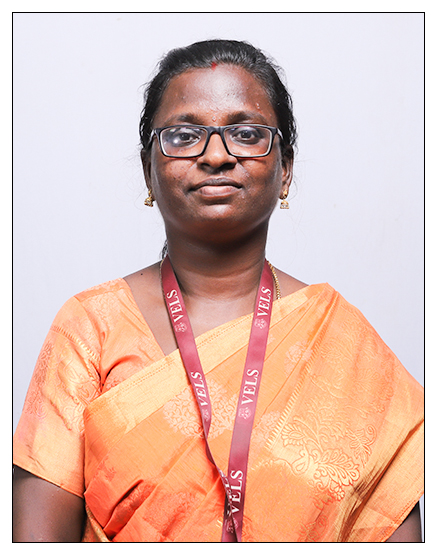 |
| 18 | Ms.Parvathavarthini.K | Assistant Professor | M.E., (Ph.D) | Image Processing, Computer Networks, Deep Learning | 9.6 | 232483 | 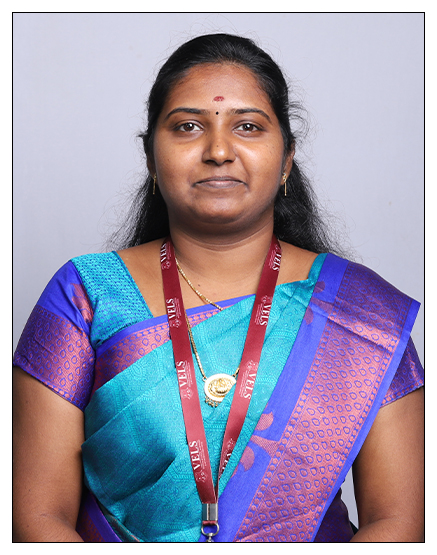 |
| 19 | Mr.C.Darwin | Assistant Professor | M.Tech | Grid Computing, Computer Networks, WSN, Cloud Computing | 9 | 495008 |  |
| 20 | Mr M.Franklin Singh | Assistant Professor | M.E. | Computer Networks, Embedded Systems, Sensors | 5 | 495002 |  |
| 21 | Mr Jegan Thomas | Assistant Professor | M.E. | Data Communication, Web Analytics, Digital Marketing | 5 | 495006 |  |
| 22 | Mr.K.Kalaiyamuthan | Assistant Professor | M.E. | Web Development | 11.7 | 487389 |  |
| 23 | Mrs.R.Deepa | Assistant Professor | M.E., (Ph.D) | Deep Learning /Machine Learning, Data Analytics | 9 | 253738 | 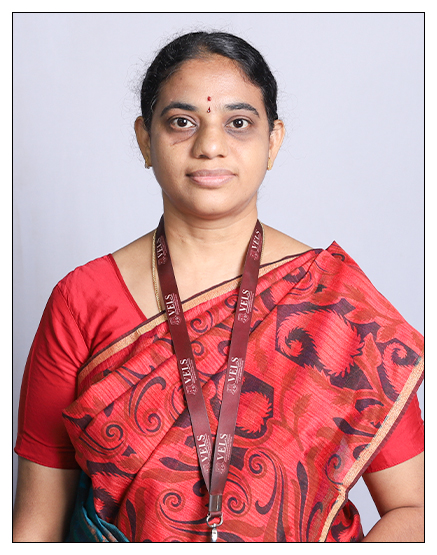 |
| 24 | Mrs.S.Vijitha | Assistant Professor | M.E., (Ph.D) | Block Chain Technology, Networks,Big Data security, Machine learning | 6 | 253591 | 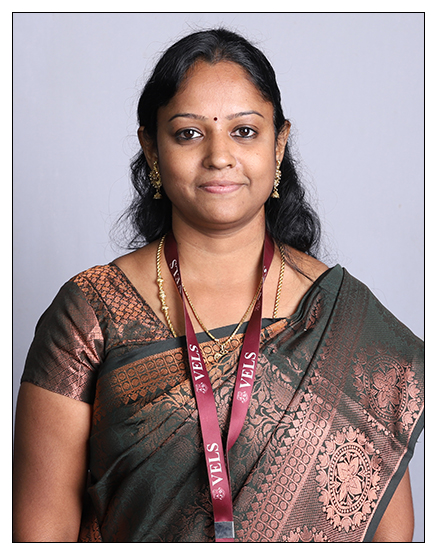 |
| 25 | Mrs.S.Sethu | Assistant Professor | M.E., (Ph.D) | Computer Networks,Network Security, Deep learning | 5 | 469629 | 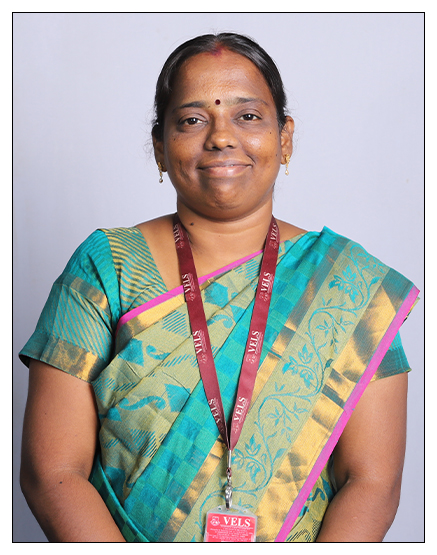 |
| 26 | Ms.Pavithra Jagadesan | Assistant Professor | M.E., (Ph.D) | Cyber security, machine learning | 3 | 475337 | 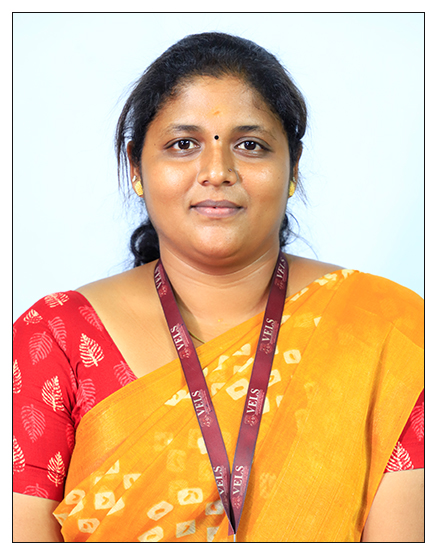 |
| 27 | Mrs. P. Mohana priya | Assistant Professor | M.E., (Ph.D) | Deep Learning, Machine learning,Image processing | 3 | 484305 | 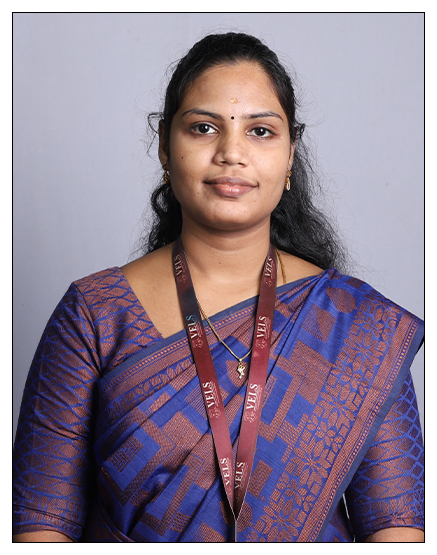 |
| 28 | Mrs.M.Subbulakshmi | Assistant Professor | M.Tech. | Image Processing, Computer Networks. | 2 | 487404 |  |
| 29 | Mrs.M.Bhanumathi | Assistant Professor | M.E., (Ph.D) | Deep Learning, Machine Learning | 17 | 315834 | 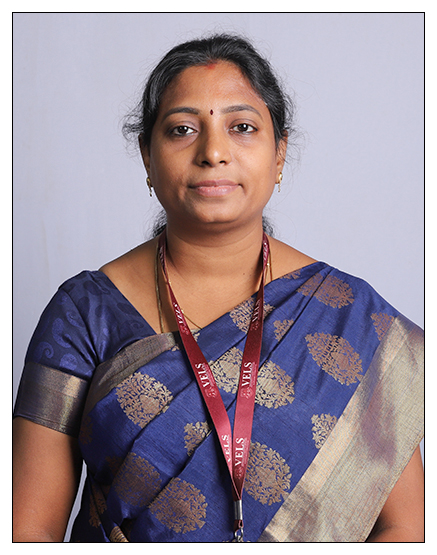 |
| 30 | Mr.N.Udayakumar | Assistant Professor | M.E., (Ph.D) | Computer Networks, Network Security, Cyber Security, Malware Anaysis | 8.6 | 468408 | 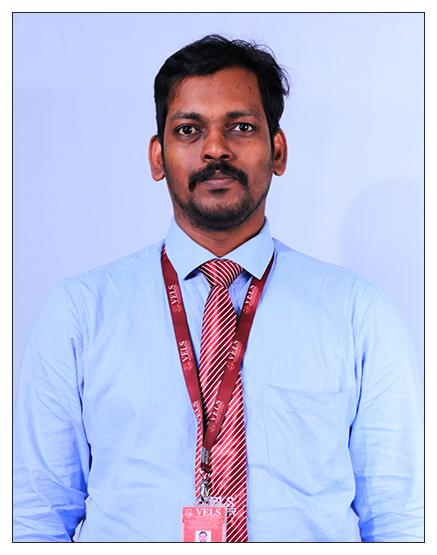 |
| 31 | Mrs.P.V.Hemavathy | Assistant Professor | M.E., (Ph.D) | Deep Learning, Medical Image Processing | 8.5 | 464234 | 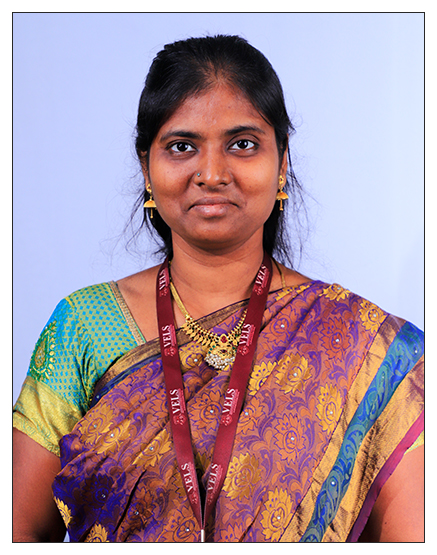 |
| 32 | Mrs.S.M.Sowmiya | Assistant Professor | M.E., (Ph.D) | Artificial Intelligence, Cloud Computing | 7.5 | 469822 | 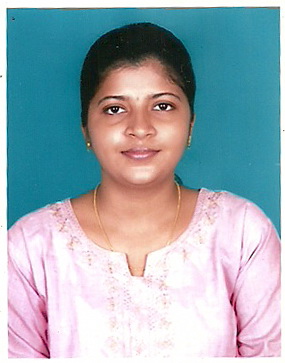 |
| 33 | Mrs.S.J.Kavitha | Assistant Professor | M.E., (Ph.D) | Cloud Computing, IoT, Deep Learning | 3.7 | 469822 | 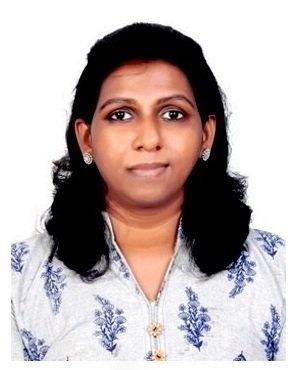 |
| 34 | Dr.S.Varshavardhini | Assistant Professor | M.E., Ph.D | Big Data, Data Mining , Machine Learning | 0.6 | 467731 | 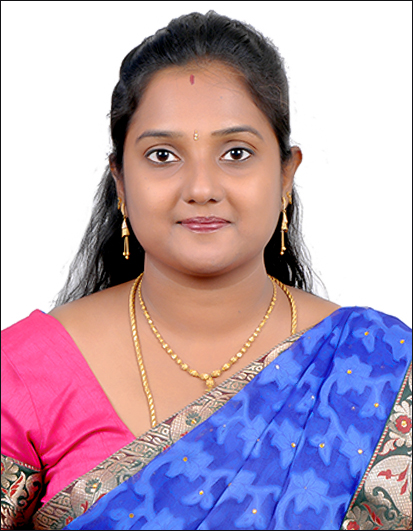 |
| 35 | Mrs.S.Saranya | Assistant Professor | M.E | Computer networks | 0.7 | 467688 | 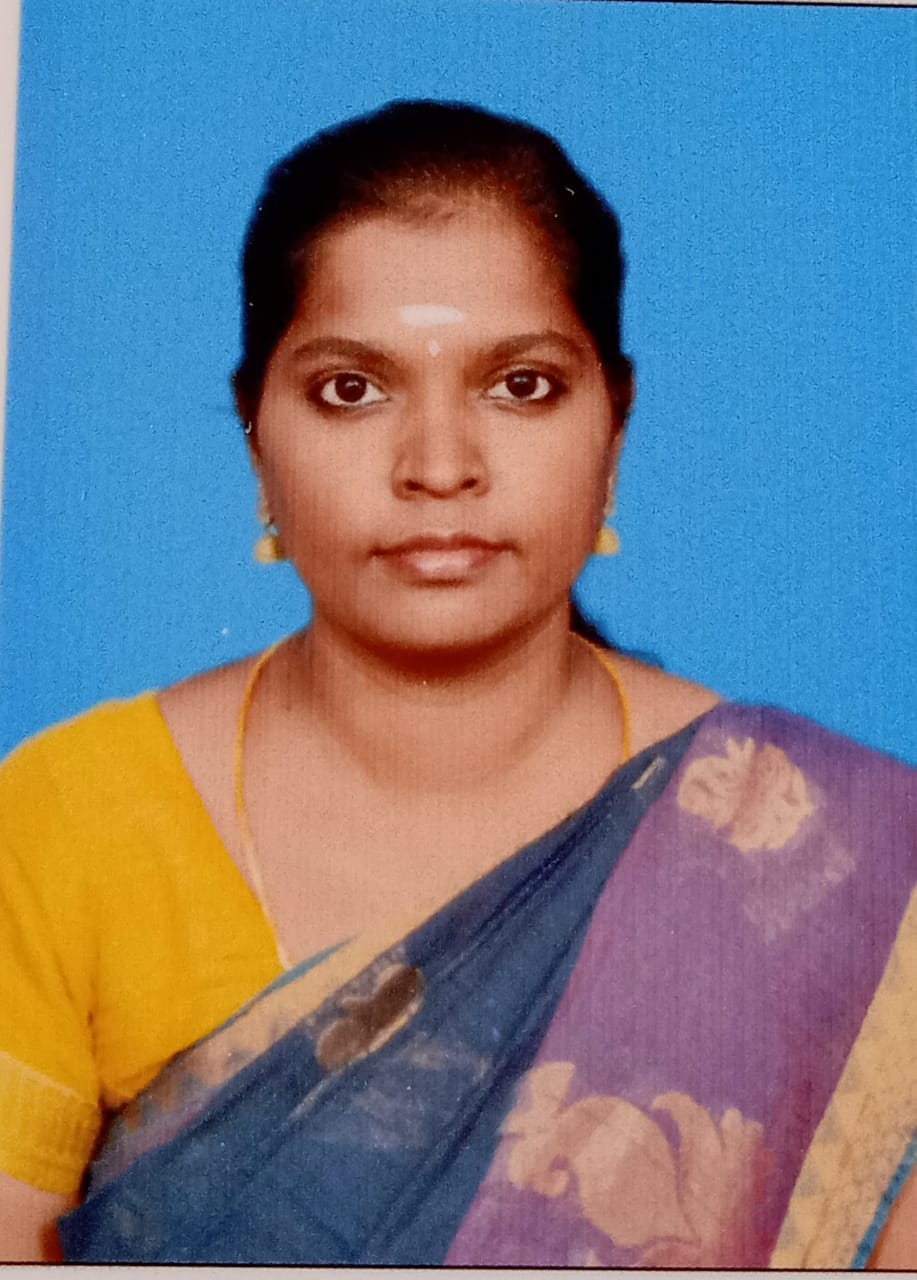 |
| 36 | Mrs.S.Divya Bairavi | Assistant Professor | M.E | Artificial intelligence and machine learning | 7 | 468931 | 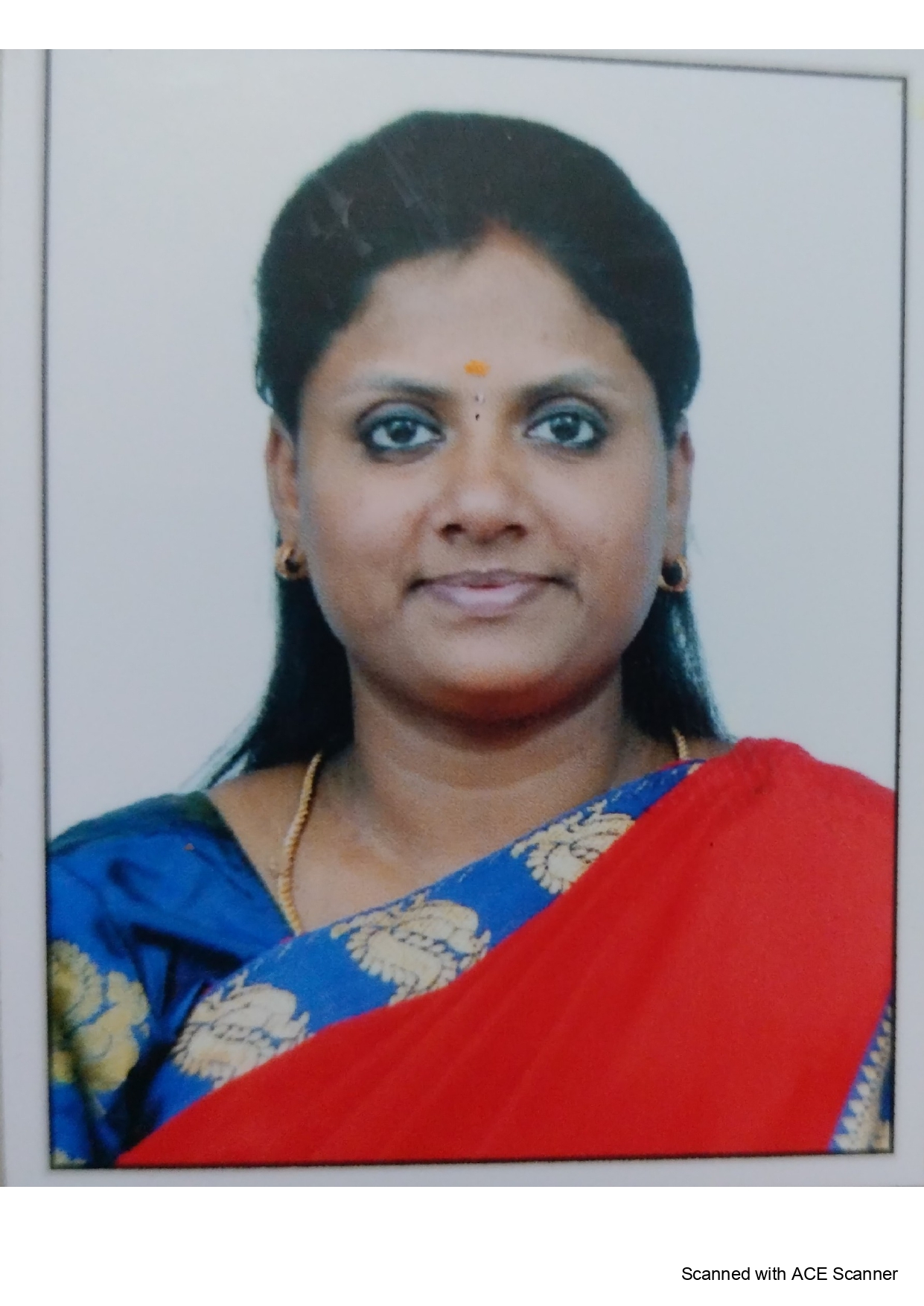 |
| 37 | Mrs.R.Kalpana | Assistant Professor | M.E., (Ph.D) | Blockchain technology , Cryptography, Networks | 16 | 467969 | 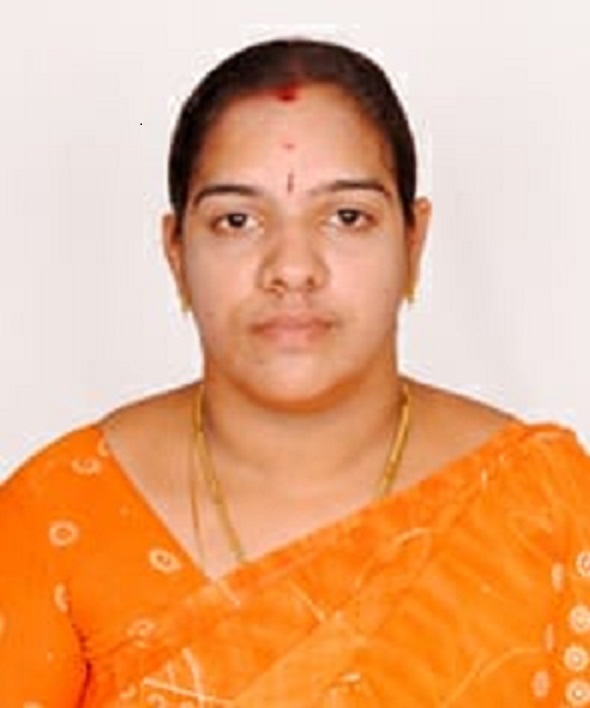 |
| 38 | Mrs.N.Kavitha | Assistant Professor | M.E., (Ph.D) | Deep Learning, Medical Image Processing | 1.8 | 279169 | 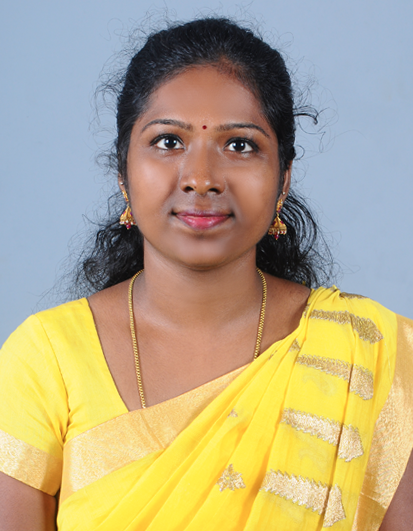 |
| 39 | Mrs V.Bharathi | Assistant Professor | M.E | Image processing, Network security, artificial intelligence and machine learning | 10.5 | 468960 | 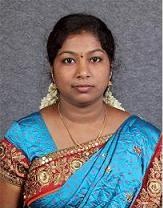 |
| 40 | Dr.KennethSundaraj (Adjunt) | Professor | M.E., Ph.D. | Image Processing, Networks. | - | - | |
| 41 | Mr.SanjeevArumugam (Adjunt) | Assistant Professor | M.E. | Internet of Things | - | - | |
| 42 | Dr.RM.Manikandan (Adjunt) | Associate Professor | M.E., Ph.D. | Computer Networks | - | - | |
| 43 | Mr.Aswinkumar KC (Adjunt) | Assistant Professor | M.Tech. | Internet of Things | - | - | |
| 44 | Mr.Surya S K (Adjunt) | Assistant Professor | M.E. | Internet of Things | - | - |
 CHAT WITH A STUDENT
CHAT WITH A STUDENT